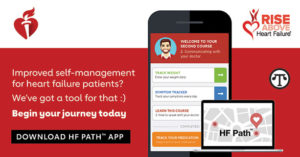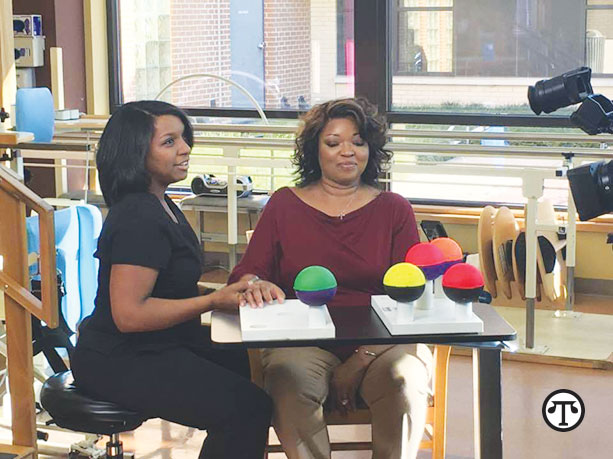 (NAPSI)—Whether changing the oil, replacing the wiper blades or checking the tires, finding the time to perform simple preventative vehicle maintenance is money in the bank.
(NAPSI)—Whether changing the oil, replacing the wiper blades or checking the tires, finding the time to perform simple preventative vehicle maintenance is money in the bank.
According to research conducted by automotive market research firm IMR Inc., one out of three consumers who put off routine vehicle maintenance do so because they cannot find a convenient time. In addition, millennials and those who own older vehicles are more likely to delay routine maintenance.
Expert Advice
“There is an old adage that if you take care of your car, your car will take care of you,” said Rich White, executive director of the nonprofit Car Care Council. “Making time to perform routine auto care not only ensures a safer, more dependable vehicle, but car owners can preserve the trade-in value and save money by addressing small issues before they become more complicated, expensive repairs.” Continue reading
 A study by the American Heart Association shows people with HF report spending more time on managing their condition; free app aims to make it easier
A study by the American Heart Association shows people with HF report spending more time on managing their condition; free app aims to make it easier
(NAPSI)—The American Heart Association, the world’s leading voluntary health organization dedicated to building healthier lives, free of cardiovascular diseases and stroke, shared this month that more heart failure patients and their caregivers report they are putting more effort into managing this complex condition. In 2015, just 55 percent of survey respondents said they were working harder to manage HF. The latest study shows a 14-point increase, with 69 percent now putting effort toward the important daily task of managing heart failure.
The AHA conducted its annual survey as part of the Rise Above Heart Failure initiative, nationally supported by Novartis Pharmaceuticals Corporation, and found that while those diagnosed with heart failure and their caregivers are spending more time and energy managing the disease, they are benefiting. These two groups showed an increased understanding of heart failure since the survey was last conducted. Continue reading
 (NAPSI)—Stroke is a leading cause of long-term disability—in fact, it’s even more disabling than it is fatal. The period following a stroke can be difficult for patients and their loved ones, as they grapple with the uncertainties of recovery.
(NAPSI)—Stroke is a leading cause of long-term disability—in fact, it’s even more disabling than it is fatal. The period following a stroke can be difficult for patients and their loved ones, as they grapple with the uncertainties of recovery.
For example, Sabrina Warren-White was a busy professional when a stroke in left her unable to speak or use her right side. She quickly began a rigorous rehabilitation program and can now speak, walk and use her right arm.
Doctor’s Advice
Once acute medical issues are resolved, focusing on rehabilitation is paramount to helping people build their strength, capabilities and confidence, said Dr. Larry B. Goldstein, the Ruth L. Works Professor and Chairman for the Department of Neurology and Co-director for the Kentucky Neuroscience Institute and KY Clinic at the University of Kentucky. Continue reading
